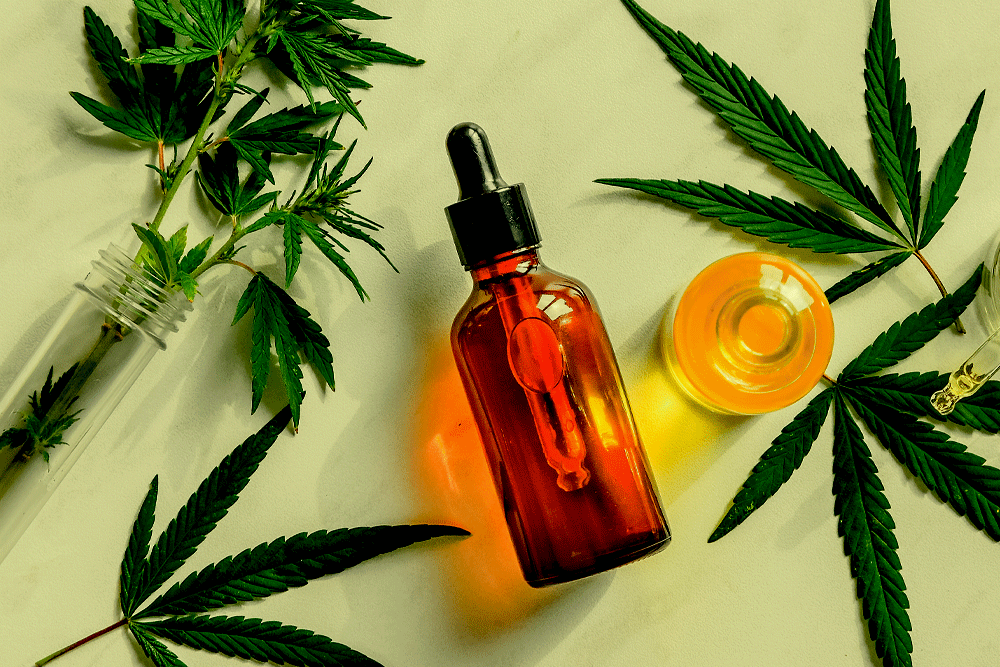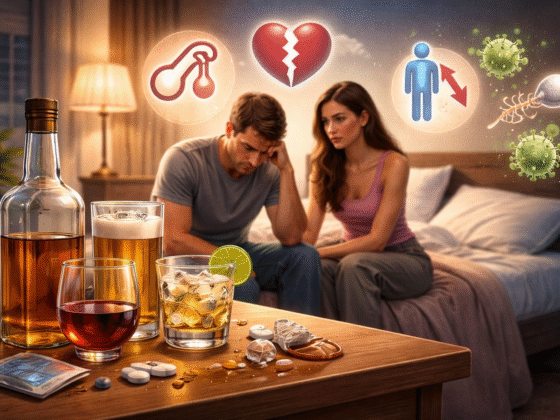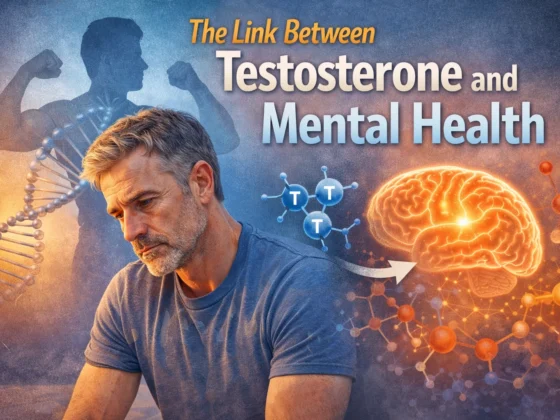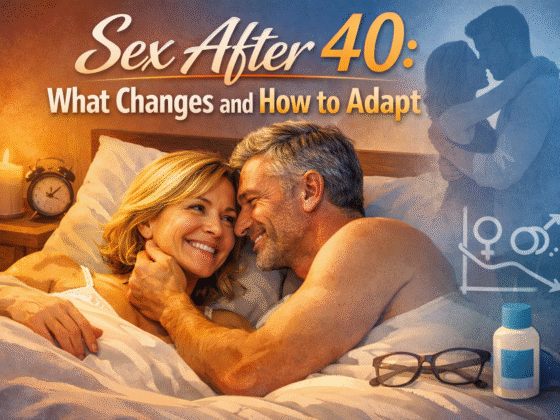Last Updated on 2nd May 2023 by Charlie Walsh
CBD is nothing new to the scene of natural remedies and symptom relief for various ailments and pains.
The popularity of this naturally occurring substance has seen an insane increase over the years. Every corner store and local grocer has started to carry it one form or another, typically being candy in a case near the checkout.
So what’s all the hype and how much do we actually know?
Let’s take a quick dive into the world of CBD to get the basics covered enough to understand what’s going on and what it means moving forward.
As far as consumer-grade CBD goes, the United States is seeing an unprecedented market surge that has already been going for a few years now.
It’s estimated to reach $3.5 billion by the end of 2021. This is due in part to the current stance of the FDA and federal government, which legalized hemp for commercial production and sale.
What Exactly Is CBD Though?
CBD is the common abbreviation for cannabidiol, the chemical found in hemp plants that provides the relaxing and calming sensation that it has become known for.
The difference between the flowers of a hemp plant versus a traditional marijuana plant is the CBD vs THC content. THC, officially called delta-9-tetrahydrocannabinol, is a psychoactive chemical that can intoxicate and inebriate users.
While some states have legalized THC-heavy marijuana, it’s important to note that it is still illegal at the federal level.
CBD is non-psychoactive, meaning it won’t get you high if you apply some lotion or eat a gummy. With that in mind, it’s important to understand that with any medicine or substance, everyone experiences it differently.
Comparing it to alcohol, CBD isn’t nearly as affected by body composition, so larger users won’t necessarily need more to feel the effects.
It all comes down to how our brain’s receptors take the chemical in. Less than 5% of users say they felt altered after using it, similar to those who feel side effects from over-the-counter drugs such as Tylenol.
Unlike OTC drugs, CBD is not regulated by the FDA currently as it’s still a gray area of it being completely legal but not as well researched and documented as other medications.
If It Comes From the Same Plant as THC, Why Is CBD Legal?
The Farm Bill of 2018 cemented the difference between hemp and marijuana, the main sources of CBD and THC respectively.
This bill allows for the possession and sale of CBD and hemp that has less than 0.03% THC – the ingredient in marijuana that provides the “high” feeling and resulted in it being scheduled as an illicit drug.
The focus on CBD over THC is what makes the product legal to purchase and use.
Now you can see why there’s been such a rush of CBD in the market: Everyone was eager to get a foothold on the industry the moment it was legalized.
Hemp plants also grow much more easily than your standard marijuana. The roots and branches are stronger and more fibrous, sometimes needing specialized equipment to harvest.
While this can seem like extra work, hemp can be used in textiles, paper and other fashions as a more sustainable alternative to traditional materials. This has garnered attention from eco-friendly farmers and companies all around the world.
This kind of interest always puts pressure on regulatory bodies to conduct the proper research and respond to requests for legalization, which is what got the 2018 Farm Bill passed.
What Does CBD Actually Do?
Skincare and spa companies have added CBD to their products and services to take advantage of both the craze and the anti-inflammatory properties that help soothe the skin and allow other ingredients to perform their function better.
Cafes have started to introduce CBD lattes to knock the edge off the caffeine from the coffee, letting customers get the best of both worlds.
On top of that, there are multiple studies coming out in support of CBD’s ability to battle anxiety and serve as a healthy alternative to those who drink or use other drugs to unwind or combat stress.
Even the U.S. government is looking into these implications, seeing it as an option to help service members suffering from PTSD.
Currently, there is only one federally approved medication that utilizes CBD. Epidiolex gained FDA approval as a treatment for more severe forms of epilepsy, primarily Lennox-Gastaut syndrome and Dravet syndrome.
“The difficult-to-control seizures that patients with Dravet syndrome and Lennox-Gastaut syndrome experience have a profound impact on these patients’ quality of life,” said Billy Dunn, M.D., director of the FDA’s Division of Neurology Products. “In addition to another important treatment option for Lennox-Gastaut patients, this first-ever approval of a drug specifically for Dravet patients will provide a significant and needed improvement in the therapeutic approach to caring for people with this condition.”
Other CBD Uses
The relaxing and anxiety-fighting side of CBD we touched on earlier is just one of the ways people are finding use from this medicinal plant. Pain management is another key area of opportunity where CBD products shine, helping to address both nerve and musculoskeletal pain.
Most often this is done using a topical cream or ointment that pairs the pain-relief of CBD with other relaxing botanicals.
A growing number of users are starting to add CBD capsules to their daily vitamin routine to help keep a level head and relaxed demeanour as they go about their day, combatting chronic pain while they do it.
Now for the fun part: CBD and its sexual healing properties.
At a high level, CBD can help you overcome performance anxiety by reducing the stress and pressure felt during a night of adventure. This allows you to focus on having fun and not the concern that you won’t be able to rise up to the occasion.
Similar to unwinding with a drink, but without the concern of getting whiskey dick.
CBD creams and lubricants can also help the partner on the receiving end with pain and inflammation caused by the natural stretching of our bodies during intercourse.
Our CBD Takeaway
If you’re interested in trying CBD, it’s always advisable to speak with your doctor first.
Many doctors acknowledge the healing properties of CBD and how it can be used to enhance other medications. The reason it’s important to keep your doctor in the loop about your CBD usage is that there simply isn’t enough testing out there to determine the proper dosage for each person.
The amount one person uses to help treat a headache, for example, could have little or no effect on someone with the exact same body type and symptoms. Tracking your doses and how they impact you will let you and your doctor dial in the amount to help you along the way to full recovery.
Overall, CBD is a federally legal and safe-to-use product so long as you do your research and only purchase CBD products that have been tested and verified by a third-party auditor, at least until the FDA begins its regulation procedures.
If you have aches, pains, stress or anxiety, CBD might be what you need to take the edge off and free up some mental space to find other complementary solutions to what ails you.










